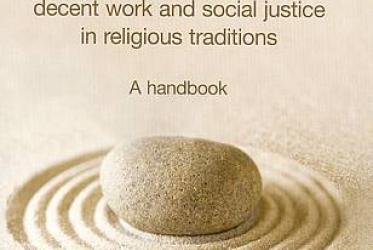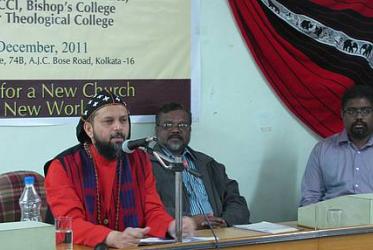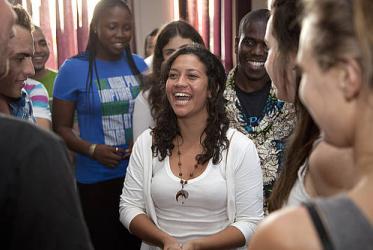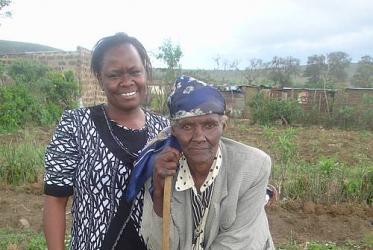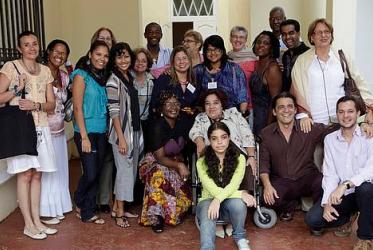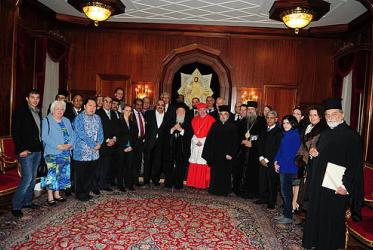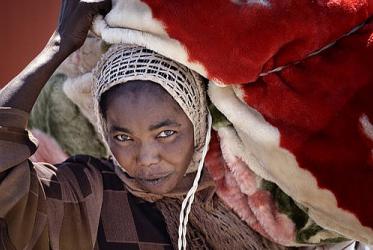Displaying 2081 - 2100 of 2438
31 January 2012
Responding to HIV with faith and courage
23 January 2012
Working together for social justice and decent work
23 January 2012
Faith communities promote “safe spaces” to discuss health issues
19 January 2012
Canadian churches participate in monitoring of Taiwan elections
12 January 2012
WCC urges protection of religious minorities in Pakistan
23 December 2011
Just peace, prayer and a common witness keep church relevant
22 December 2011
WCC general secretary express condolence over Vaclav Havel
22 December 2011
A church that excludes cannot be holy, assert Indian churches
21 December 2011
Youth promise active involvement for environmental justice
14 December 2011
Durban outcome is not enough, says WCC
13 December 2011
WCC consultation promotes human right to religious freedom
13 December 2011
Fighting ignorance, fear and stigma through Bible study
09 December 2011
Equal rights for all the measure for assessing freedom of religion
06 December 2011
WCC workshop focuses on
02 December 2011
Churches will tackle migration issues in Beirut
30 November 2011
Religious voices advocate for climate justice at Durban
28 November 2011
Before Durban climate talks, Brazilian ecumenists think about Rio+20
23 November 2011


